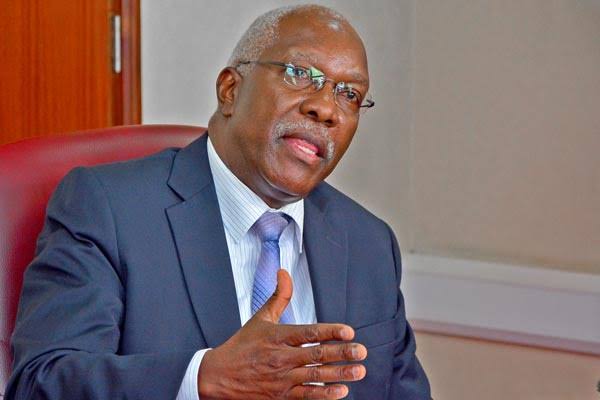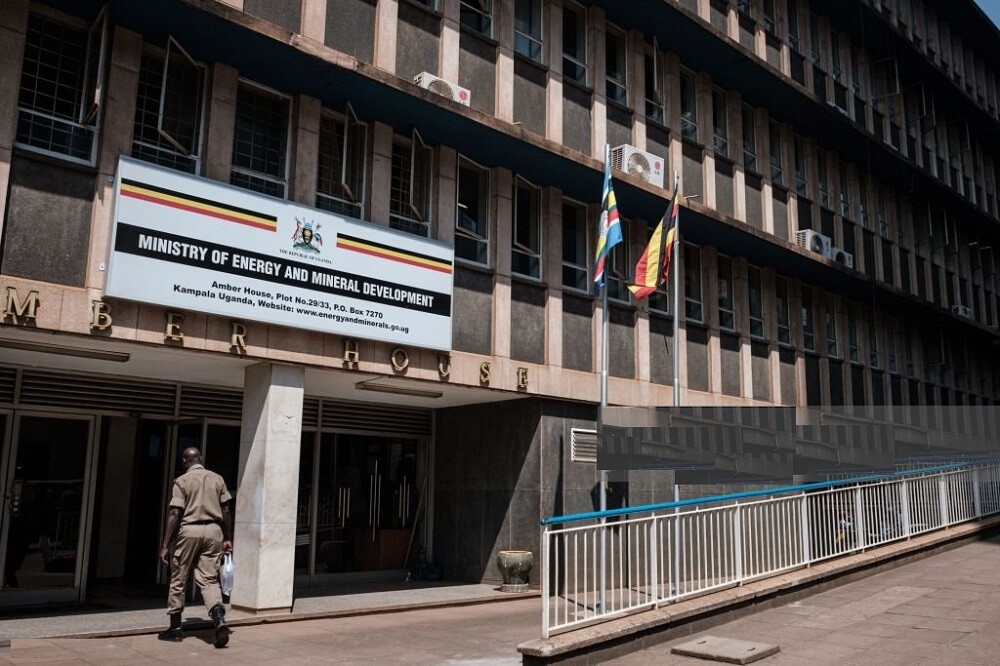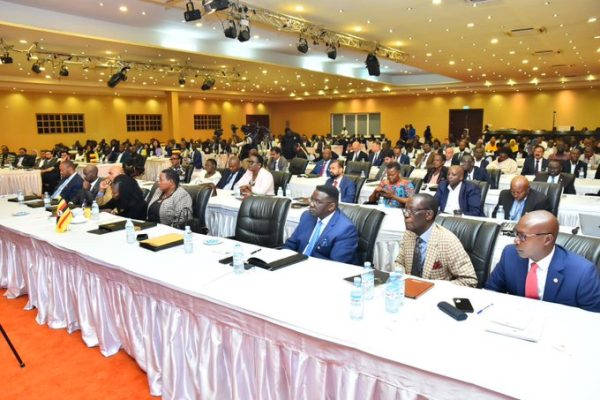A pivotal decision was made by the government last week to advocate for a parliamentary resolution defining the post retirement benefits of Auditor General John F.S. Muwanga under the National Audit Act of 2008, as he approaches retirement this year.
The proposal, presented to parliament on April 9 by Minister Henry Musasizi and seconded by Amos Kankunda, chairperson of the Parliamentary Sectoral Committee on Finance, Planning and Economic Development, aimed to address the longstanding issue of retirement benefits for the Auditor General, a crucial role in Uganda’s governance structure.
According to Musasizi, the retirement benefits of the Auditor General, as outlined in the National Audit Act, are subject to determination by parliament. The approved retirement benefits encompass a monthly retirement benefit equivalent to the salary of an active Auditor General, a furnished house or a one-time payment, an annual medical allowance, the option for a chauffeur-driven car or a one-time payment, provision of security, a monthly fuel and vehicle repair allowance, and an official burial upon death.
Parliament’s approval of these retirement benefits for the Auditor General, irrespective of age or tenure, sparked intense debate. Minister Musasizi defended the decision, citing the need to attract and retain talented professionals and ensure the independence and effectiveness of the Auditor General’s office.
Similarly, on April 10, parliament approved a service award of 500 million shillings for John Muwanga, who served as the Auditor General for 22 years. This decision came amidst controversy surrounding similar awards, including one granted to former Leader of the Opposition Mathias Mpuuga, which led to his suspension from the National Unity Platform (NUP) for Buganda.
Critics of the government’s move are arguing that such generous retirement benefits, amidst widespread poverty and economic hardship, exacerbate public discontent and perceptions of inequality. They raise concerns about the sustainability of these benefits and their alignment with broader development priorities and resource distribution.
Following vigorous debate, parliament approved the retirement benefits of the Auditor General, irrespective of age or tenure in office. Minister Henry Musasizi outlined several key reasons for supporting the motion, citing the importance of competitive benefits in attracting and retaining talented professionals, ensuring independence, and enhancing public confidence in the auditing process.
In addition to retirement benefits, parliament approved a Shs 500 million service award for John Muwanga, who has served as Auditor General for 22 years and is expected to retire this year. However, this decision has been met with criticism, reminiscent of controversy faced by former Leader of the Opposition, Mathias Mpuuga, over a similar award.
The controversy surrounding retirement benefits extends beyond the Auditor General to other government officials, including retired judges and former heads of state. Notably, retired judges receive substantial post-service perks outlined in the Administration of the Judiciary Act, 2020.
This act ensures retired chief justices receive monthly salaries akin to serving counterparts, alongside benefits like housing, medical allowances, and vehicles. Similar provisions exist for retired speakers, deputy speakers, and other key government figures.
Critics have voiced concerns over the sustainability and fairness of such benefits, particularly in the context of Uganda’s economic indicators and widespread poverty. Excessive benefits for government officials amidst economic hardship can exacerbate tensions between the government and the populace.
Interviews with legal experts and political analysts have highlighted deep seated concerns about corruption, patronage, and accountability in the management of public funds and the compensation of government officials. They stress the importance of transparent and accountable governance practices to foster public trust and ensure the responsible use of taxpayer money.
Peter Walubiri, a senior counsel and political analyst, criticized the privileges enjoyed by political and public administration officials, labeling them as theft and a misuse of taxpayers’ money. He emphasized the need to redirect resources towards public services and lower-paid public workers.
Godber Tumushabe, a lawyer and policy analyst, condemned the practice of granting service awards and continuing monthly salaries for retired civil servants, characterizing it as institutionalized corruption. He highlighted the regime’s failure to provide essential services despite extravagant spending on awards.
Bernard Oundo, president of the Uganda Law Society, called for a thorough investigation into the legality of service award emoluments, emphasizing the need for adherence to constitutional processes in determining emoluments for public officials.




















